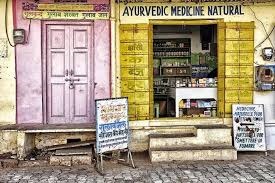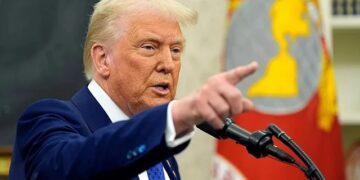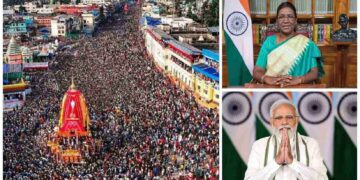Taking an important step towards globalization of India’s traditional medical systems, Prime Minister Narendra Modi announced a new international initiative under the World Health Organization (WHO), which aims to integrate traditional medicine to global health care standards.
Speaking about this development, PM Modi confirmed that India on May 24 signed an MoU with Dr. Tedros Adnom Ghebreyas, Director General of WHO. The agreement paves the way for the development of a traditional medical module under the International Health Intervention Classification (ICHI) – a WHO structure that is used to standardize medical procedures and remedies globally.
The PMO said in a post on X, “This initiative will ensure that AYUSH and other Indian traditional treatment practices get more international recognition.” He said that this effort will focus on the scientific recognition of these practices to increase their credibility and acceptance worldwide.
This step is in line with India’s traditional medical knowledge – Ayurveda, Yoga, Unani, Siddha and Homeopathy – in line with the widespread effort to increase the global health stage. By incorporating traditional medicine in ICHI, the World Health Organization and India aims to establish an integrated language and functioning for documentation and evaluation of such interventions within the mainstream health care systems.
The MoU is based on the speed gained from the establishment of the World Health Organization’s traditional medicine global center in Jamnagar, Gujarat, which will be inaugurated in 2022, and indicates India’s growing leadership in pursuing alternative and supplementary healthcare worldwide.






